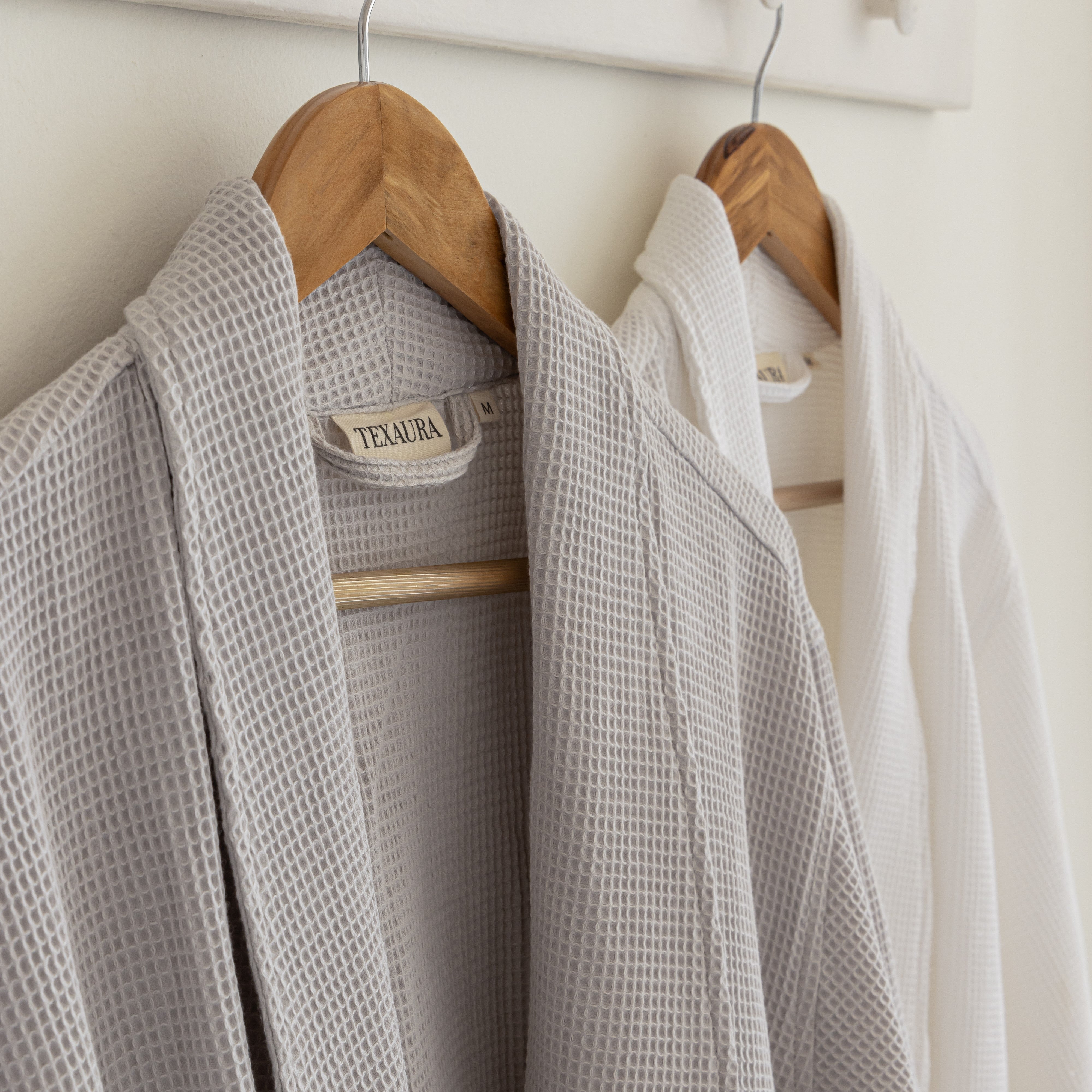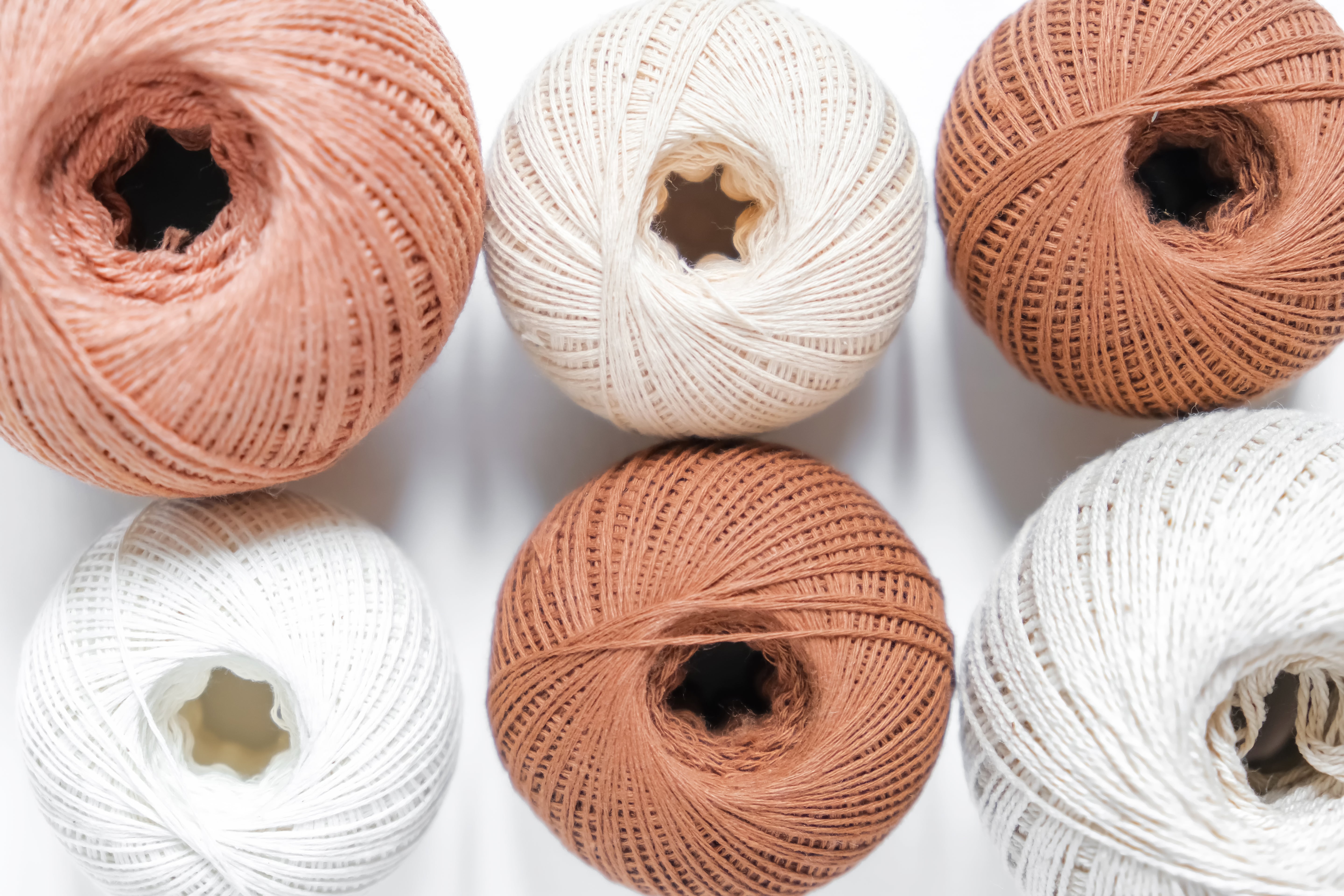Article: The Truth About Cotton: Why 100% Cotton Isn’t the Same as 100% Organic Cotton

The Truth About Cotton: Why 100% Cotton Isn’t the Same as 100% Organic Cotton
If you’ve ever picked up a product labelled “100% Cotton” and assumed it was the best choice for you and the environment, you’re not alone. Cotton is one of the most widely used fabrics in the world, and while it’s natural, breathable, and soft, not all cotton is created equal. There’s a big difference between conventional cotton and 100% organic cotton—one that affects not only your comfort but also the environment, farmers, and the planet.
What’s the Difference?
At first glance, 100% cotton and 100% organic cotton may seem the same, but the key difference lies in how they are grown and processed.
- 100% Cotton: Conventional cotton is grown using synthetic pesticides, chemical fertilisers, and genetically modified seeds (GMOs). These practices increase yield but come at the cost of soil health, water contamination, and exposure to harmful chemicals. According to the Pesticide Action Network, conventional cotton farming uses 16% of the world's insecticides and 6% of all pesticides, making it one of the most chemically intensive crops.
- 100% Organic Cotton: Organic cotton is grown without toxic pesticides, synthetic fertilisers, or GMOs. Instead, it relies on natural farming practices like crop rotation, composting, and biological pest control. It is also harvested and processed under strict environmental and social standards, often certified by organisations like GOTS (Global Organic Textile Standard). Studies show that organic cotton farming uses 91% less water and produces 46% fewer greenhouse gas emissions compared to conventional cotton.
Why Does It Matter?
Understanding the impact of your choices helps you make informed decisions. Here’s why organic cotton stands out:
- Better for Your Skin & Health: Organic cotton is free from harmful residues found in conventionally grown cotton. This means fewer chances of skin irritation, allergies, and exposure to toxic chemicals, making it an ideal choice for babies, people with sensitive skin, and those seeking a healthier lifestyle. A study by the Soil Association found that conventional cotton garments can contain traces of pesticides and synthetic chemicals that may be absorbed by the skin.
- Environmentally Friendly: Organic cotton farming uses significantly less water than conventional cotton since it relies on rain-fed farming and improves soil moisture retention. Additionally, it eliminates the use of harmful pesticides that pollute water bodies and harm wildlife. The result? A cleaner planet and healthier ecosystems. For instance, the Aral Sea, once one of the world’s largest lakes, has shrunk dramatically due to excessive water use for conventional cotton farming in Central Asia.
- Ethical & Sustainable: Organic cotton farmers work under safer conditions and receive fair wages. Unlike conventional cotton farming, which often involves harsh labour conditions and excessive chemical exposure, organic farming promotes fair trade and sustainability. It also prevents soil degradation, ensuring future generations can continue to farm without damaging the land. Brands like Patagonia and Pact have committed to using 100% organic cotton in their clothing to ensure sustainability and worker welfare.
How to Identify Genuine Organic Cotton
Not everything labelled “cotton” is organic, so here’s how to ensure you’re getting the real deal:
- Look for Certifications: Certifications like GOTS (Global Organic Textile Standard) or OEKO-TEX ensure that the product meets strict organic and environmental standards.
- Check the Labels: If a product only says “100% Cotton” without an organic certification, it’s likely conventionally grown cotton.
- Research the Brand: Brands committed to sustainability will be transparent about their sourcing and certifications.
Final Thought: Cotton is Still Cotton
While conventional cotton is a natural fibre, its farming practices make a world of difference. Choosing organic cotton is a step towards a cleaner, healthier, and more sustainable future. When you invest in organic, you’re not just buying a product—you’re supporting ethical farming, protecting the environment, and ensuring long-lasting quality for yourself.
Next time you shop for cotton products, take a moment to check the label. Your choice matters more than you think!







